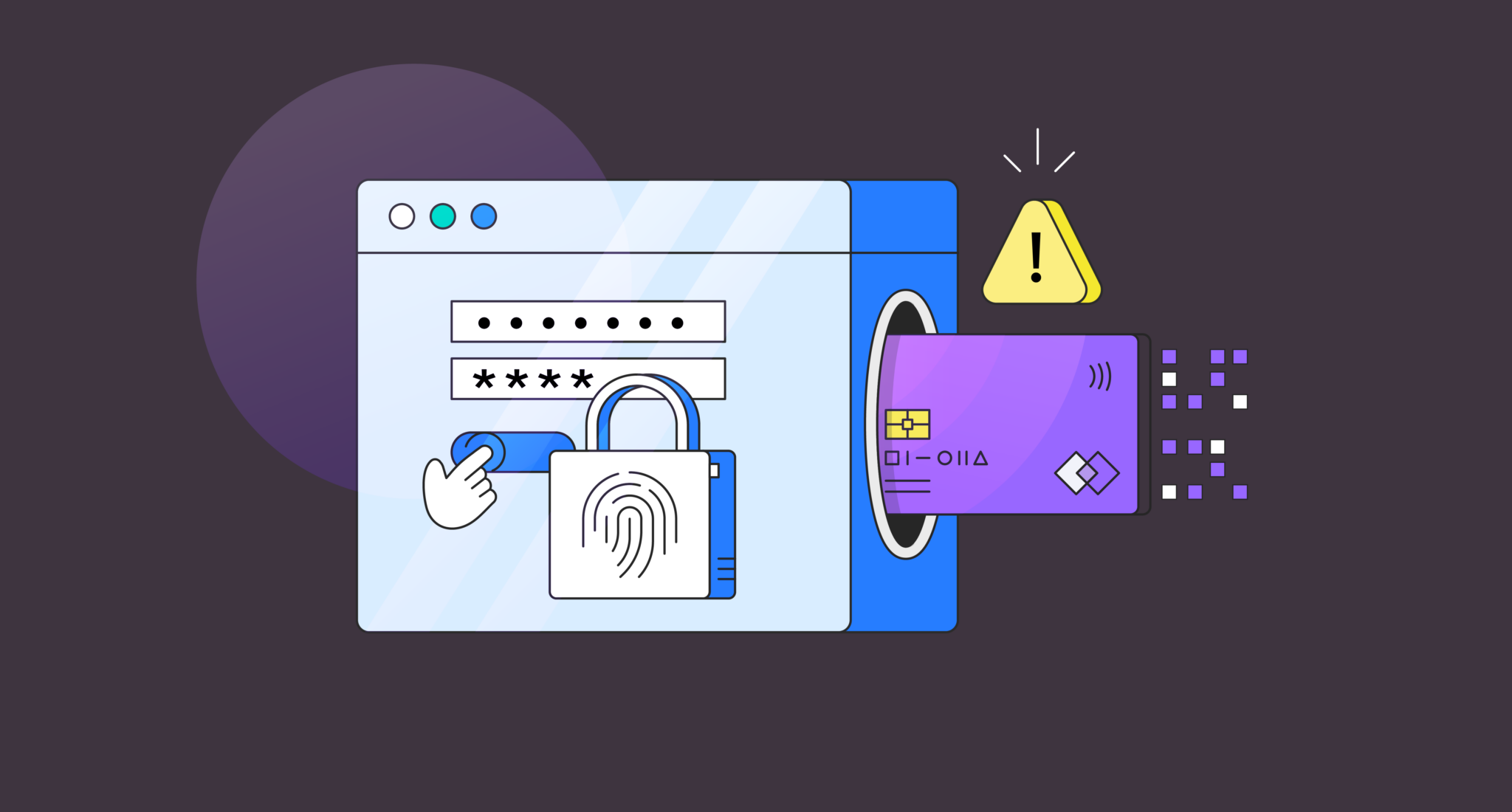AI-driven attacks on the rise
According to a recent report by Trustmi, nearly 25% of organizations in the United States have fallen victim to payment fraud due to AI-driven attacks. The report surveyed 516 finance professionals, including CFOs and treasurers, to examine the state of business payment security.
It revealed that 22% of organizations experienced AI-driven attacks, such as deepfake scams (9.6%) and executive impersonation (12.3%). These types of attacks have been gaining traction, with the report citing a notable case in Hong Kong where a multinational company lost HK$200 million due to a sophisticated deepfake video conference scam. In this scam, AI-generated personas, including a deepfake of the CFO, were created using publicly available videos.
Human error remains a critical issue
Human error is the leading cause of payment fraud in U.S. organizations, cited by 50% of respondents. This issue is attributed to reliance on outdated technologies that struggle to manage increasing payment cycles and transaction volumes. This causes duplicate payments, lost invoices, and errors, highlighting the urgent need for more robust systems and processes.
Business emails being compromised as a persistent threat
Business email compromise is the second most common cause of payment fraud, reported by 42% of survey participants. This type of fraud continues to pose significant challenges to businesses, contributing to the overall increase in payment fraud incidents.
Call for advanced fraud prevention solutions
Shai Gabay, co-founder and CEO of Trustmi, emphasized that these findings reflect the significant challenges finance teams face, including combating emerging AI-powered threats while addressing preventable human errors. He advocated for AI-powered, end-to-end fraud prevention technology that automates B2B payment processes and provides the visibility needed to prevent fraud from all attack vectors and reduce losses from human mistakes.





